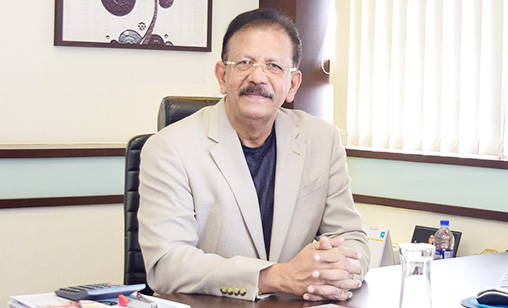News Backgrounder
Airlines must spruik their retailing stuff
Wafer thin profit margins have plagued airlines for decades. The remedy? Copy Amazon and become better retailers. Associate editor and chief correspondent, Tom Ballantyne, reports.
June 1st 2024
The fact the world’s airlines earn an average profit of US$6.14 per passenger is bad enough. Read More » More woeful, revealed International Air Transport Association (IATA) regional vice president North Asia, Xie Xingquan, at the June IATA AGM is Asia-Pacific carriers are making more than five times less at $1.20 per passenger, a profit margin of 0.7%.
Dramatically improving that margin is possible, Sabre senior vice president product manager, Michael Reyes, told Orient Aviation on the sidelines of the industry gathering, but to achieve it airlines must be better retailers. A McKinsey & Company study predicts airline retailing, essentially selling new products in new ways directly to customers or via intermediaries, could be worth $40 billion by 2030, Reyes said.
 |
| 'Technology allows us to provide what the consumer wants on the consumer side. My focus is to persuade them to consume. Personalization shifts the focus from the supply side to the demand side. You give your customer what they want, because people will buy if it is easy to buy. Personalizing offerings and giving the customer all the options can improve profit margins quite considerably' |
| VK Matthews IBS Software founder |
“You want to think of the future airline world as a grocery store or Amazon of travel, where carriers are not only selling the airline ticket. They must have a different way of merchandizing and personalizing and come up with different rules,” he said. “What do I bundle? How do I price two things together? Am I able to split them? It is very much what Amazon does or other online retailers do. These are the tools we are trying to bring to the airline space.”
In May, in pursuit of business for its airline retail platforms, the Texas-headquartered company unveiled SabreMosaic, an Offer and Order retailing platform for airlines. Powered by Google Artificial Intelligence and Google Cloud architecture, it enables airlines to transform and modernize their retailing strategies, pitches Reyes.
“By moving away from the limitations of today’s Passenger Name Record (PNR) driven world to a modern Offer and Order approach, SabreMosaic empowers airlines to deliver a more personalized and dynamic retailing experience while creating new revenue opportunities,” he said.
Sabre “can build IT solutions for the big, the small, the full-service carriers, the LCCs. Even though they have very different business models, we see a lot of core common needs”, he said.
IBS Software founder, VK Matthews, said: “Forward-looking customer-centric systems, designed on modern architectures drive profitable and efficient business growth. Cloud-based platforms provide the flexibility to quickly adapt to rapidly changing market and consumer behavior and deliver more brand engagement opportunities.”
Matthews spent almost 17 years with Emirates Airline, playing a role in its progression to the highest service standards before launching IBS. Its platforms support almost 30 process areas, from flight operations, crew operations, manpower planning and disruption handling to cargo, passenger check-in and fares. Its iCargo platform has more than 50% of the sector’s market.
Airlines will make 15% more revenue this year, but margins will remain exactly the same because expenses have risen, he said. “How can I respond to changing customer expectations very quickly and how can I respond to market conditions where I have no control, like a COVID,” airlines could ask.
Matthews said airlines can improve profits per seat by personalization and cutting out one or more intermediaries in a transaction, a supply chain or a decision-making process.
DANIEL RAY says:
August 20th 2024 01:02pm